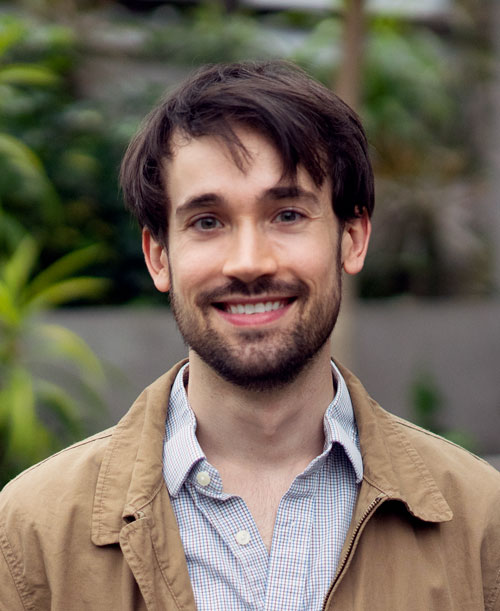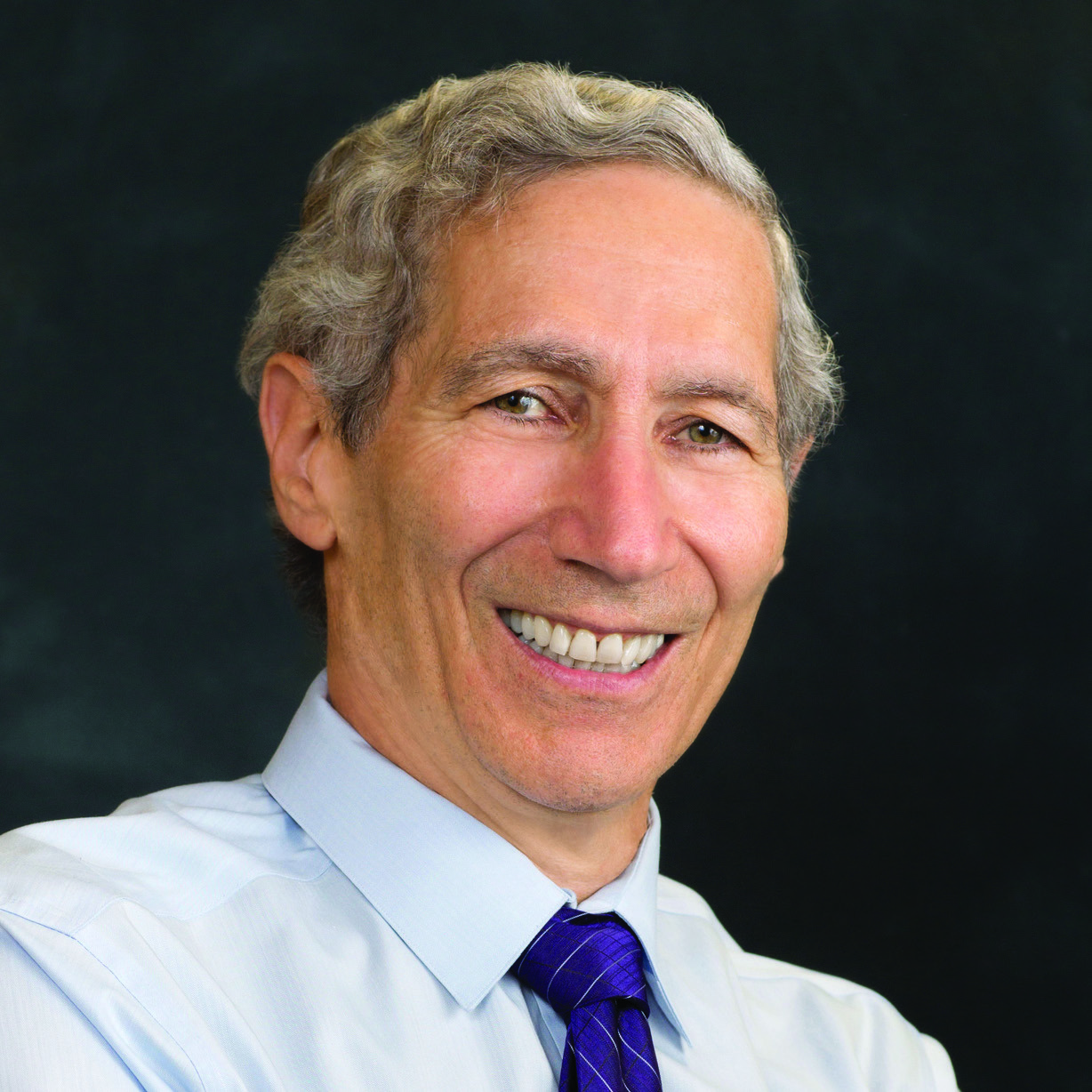Demand Estimation
Jeff Gortmaker and Ariél Pakes
• Starting February 26th, 2024
This three-day workshop covers the Berry-Levinsohn-Pakes (BLP) approach to estimating the statistical relationship between product sales and product characteristics such as prices. As the foundational approach for differentiated products demand estimation in the industrial organization literature, BLP is used by academics, antitrust regulators, and industry professionals to shed light on difficult questions.
- “What is the value of a new good?”
- “Will a merger hurt consumers?”
- “Should we change prices?”
Through a running empirical example, the workshop will use a series of coding exercises to build up practical knowledge for studying these types of questions and more.
This is one of our advanced courses. These courses are designed assuming a solid foundation in the basics of economic models and instrumental variables. Scott's Causal Inference (Part 1) covers instrumental variables.
All course material is available free and open source via our Github Repository .
Register Today
Sign-up today to ensure access to this workshop.
WHAT'S INCLUDED
- Attendance to the workshop with Jeff Gortmaker and Ariél Pakes.
- Complete set of example code to implement the methods discussed.
- PDF lecture slides and video recordings for later reference.
Our workshop will bring you to the cutting edge
February 26th
Day 1 • 6pm-9pm EST
- History and motivation for BLP (by Ariél Pakes)
- The BLP model
- Pure logit estimation
- Dealing with price endogeneity
- Exercise 1: Getting set up with PyBLP, estimating the pure logit model, and running a price cut counterfactual.
February 28th
Day 2 • 6pm-9pm EST
- Mixed logit estimation
- Differentiation instruments
- Numerical best practices
- Exercise 2: Adding random coefficients, incorporating consumer demographics, and evaluating improvements to the counterfactual
March 1st
Day 3 • 6pm-9pm EST
- Micro BLP estimation
- Incorporating consumer survey data
- An overview of other extensions to the BLP approach
- Exercise 3: Adding micro moments, adding second choice moments, and evaluating improvements to the counterfactual
Who will be hosting this session?


Ariél Pakes is the Thomas Professor of Economics in the Department of Economics at Harvard University, where he teaches courses in Industrial Organization and Econometrics. He received the Frisch Medal of the Econometric Society in 1986. He was elected as a fellow of that society in 1988, of the American Academy of Arts and Sciences in 2002, and of the National Academy of Sciences in 2017. Ariél was the Distinguished Fellow of the Industrial Organization in 2007. In 2017 he received the Jean-Jacques Laffont prize for research which combines empirical work with theory, in in 2018 the BBVA Frontiers of Knowledge Award in Economics and Finance, and in 2022 the Nemmers for research of lasting significance in Economics.
Ariél's research has focused on developing methods for empirically analyzing market responses to environmental and policy changes. This includes developing: i) demand systems that are capable of analyzing the impact of environmental changes (e.g. mergers) on prices, ii) methods capable of analyzing the impact of policy changes (e.g. deregulation) on productivity, and iii) models capable of following the impacts of these changes on the evolution of markets over time. Ariél also developed techniques for constructing a more accurate Consumer Price Index and analyzing the impact of incentive schemes on the hospital allocations of doctors. He and his co-authors have applied these tools to the analysis of the auto, health care, and telecommunications equipment industries.
Ariél has mentored over seventy doctoral students, many of whom are now leading researchers at prestigious institutions. Much of his methodological research has been incorporated into the work of government agencies. Additionally, Pakes has done work for a number of consultancies, government agencies, and large firms.
Ariél is married with two children and two granddaughters. They all enjoy hiking, jazz, and watching the NBA.
Frequently Asked Questions
- Are discounts available?
-
Yes! Students, postdocs, predocs and residents of middle-income countries can attend for $50 plus a few dollars in fees. Non-tenure track faculty can attend for $95. To receive your promo code, please include a photo of your student ID. International folks from low-income countries can attend for $1. To receive promo codes, email us at causalinf@mixtape.consulting.
- How do I access the material I need for the course?
-
The course material will be availabe forever on Github. We will also send you links to the video recordings on Vimeo after the workshop is completed.
- How long will it take me to master this?
-
That's a great question. Causal inference, and econometrics more generally, is largely a “returns to experience” type of skill as much as it is a returns to education. The best way for you to learn anything in these classes is to work on projects that require it. Our class is designed as a fast track to both.
- Will we practice programming?
-
Yes, We will distribute assignments with readings with directions the night before. We will help each other in Discord, asking questions, pointing out mistakes we are making, and helping one another problem solve. We will usually assign more than we can do that faster workers always have something to work on. And in the end, we will distribute the solutions.
- Will there be recordings?
-
We will upload recordings to Vimeo and they will be password protected, so that only attendees can watch the videos.